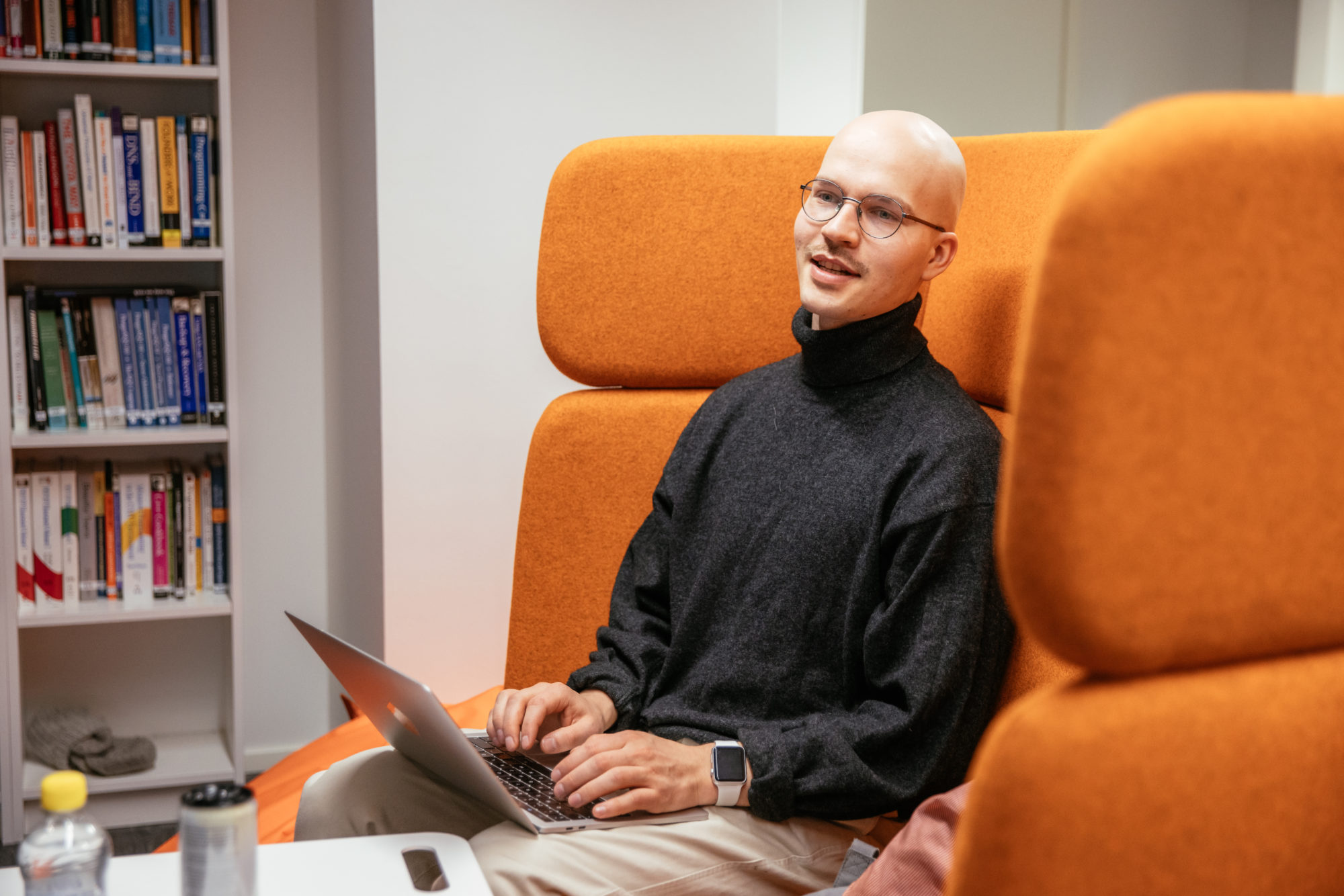#GOOGLECLOUDJOURNEY: Six Fascinating Wishes for Choosing Employers
Part 3 – Autonomy and flexibility
NOTE: If you wandered into this blog series for the first time, I recommend first reading my first post that elaborates on the whole series here
We who do knowledge work are often in such a fortunate position in working life that we can influence our working hours and habits ourselves. For example, I may go mountain biking in the central park of Helsinki in the middle of a sunny working day, if only there is nothing agreed on the schedule and the work can be completed in the evening. This is just one example of a privileged position where I can define my working habits.
Forced to the office?
In various social media, in the “post-corona” era, there has been talk of a regression back to previous ways, when employees have been very strongly asked to go to the office just because that’s how it’s always been done. As if nothing had been learned from the corona era and all the lessons about hybrid and remote work had been forgotten. This is a negative example of the realization of autonomy and flexibility, although of course it must be understood, especially in relation to larger organizations, that some kind of policies must be made and also considered so that some employees do not end up in a non-equal position due to the nature of the work.
Community
One important aspect of visiting the office is of course community spirit, which actually also touches on my second category, community and empathy. Can a clear policy of visiting the office be justified by the promotion of team spirit? Do you have fun together when you are told to have fun together? Could be, but probably not.
Community spirit is built on voluntary togetherness and enabling. When a framework is created for a convenient trip to the office and being there, people will start to be seen there too. Of course, things are not that simple in reality, but please allow a little verbal jab at the old worlds of thought.
Trust
Fundamentally, enabling autonomy and flexibility starts from the image of human. For example, is it assumed that the employee will basically do what has been agreed upon and in the timeframe that has been talked about? Is it assumed that a person is fundamentally reliable and efficient even without supervision? Through trust, it can be assumed that internal motivation increases when the responsibility for doing things lies with oneself, and no one dictates the way things are done.
Responsibility
As a counterweight to trust, responsibility remains in the employee’s account, compared to a strong culture of supervision. This can also be seen as difficult in some situations when in addition to the more precisely defined work tasks, the employee’s day includes so-called meta work, i.e. preparatory work so that the work itself can be done well. No one tells you where to be, how to be, what to do, and what to look like anymore. You have to think about it yourself. Among other things, prioritization is ultimately a very difficult and time-consuming task at worst.
As I mentioned above, trust and responsibility increase internal motivation through the experience of autonomy, but tasks traditionally more aimed at managers spill over a little more into the everyday life of a knowledge worker. Knowledge work is thus always a balancing act with regard to optimal responsibility.
Foreperson work
The subject also touches my second category at least a little. In the category “Professional skills in the organization”, one subcategory is the competence of supervisors. For supervisors to make autonomy and flexibility possible they need to adopt a position where they know how to talk more deeply with those they manage and act more as an enabler than a director of work. This is not easy.
Summary
Autonomy and flexibility was, by the way, the third most prominent category when considering important factors in the workplace for software professionals. It fights in fairly similar ranks with other top-ranked categories of my analysis and is thus a very important part of the workplace culture in knowledge work. At least in software development and related tasks, enabling autonomy and flexibility has come to stay in those workplaces that want to compete for the best workers.

About the author:
Perttu Pakkanen is the Talent Acquisition Lead at Codento. Perttu is eager in making sure that people joining Codento will fit with the values of Codento and enjoy the ride with us. Perttu’s passion is to understand what drives people in their career decisions.
Contact us regarding our open positions:
